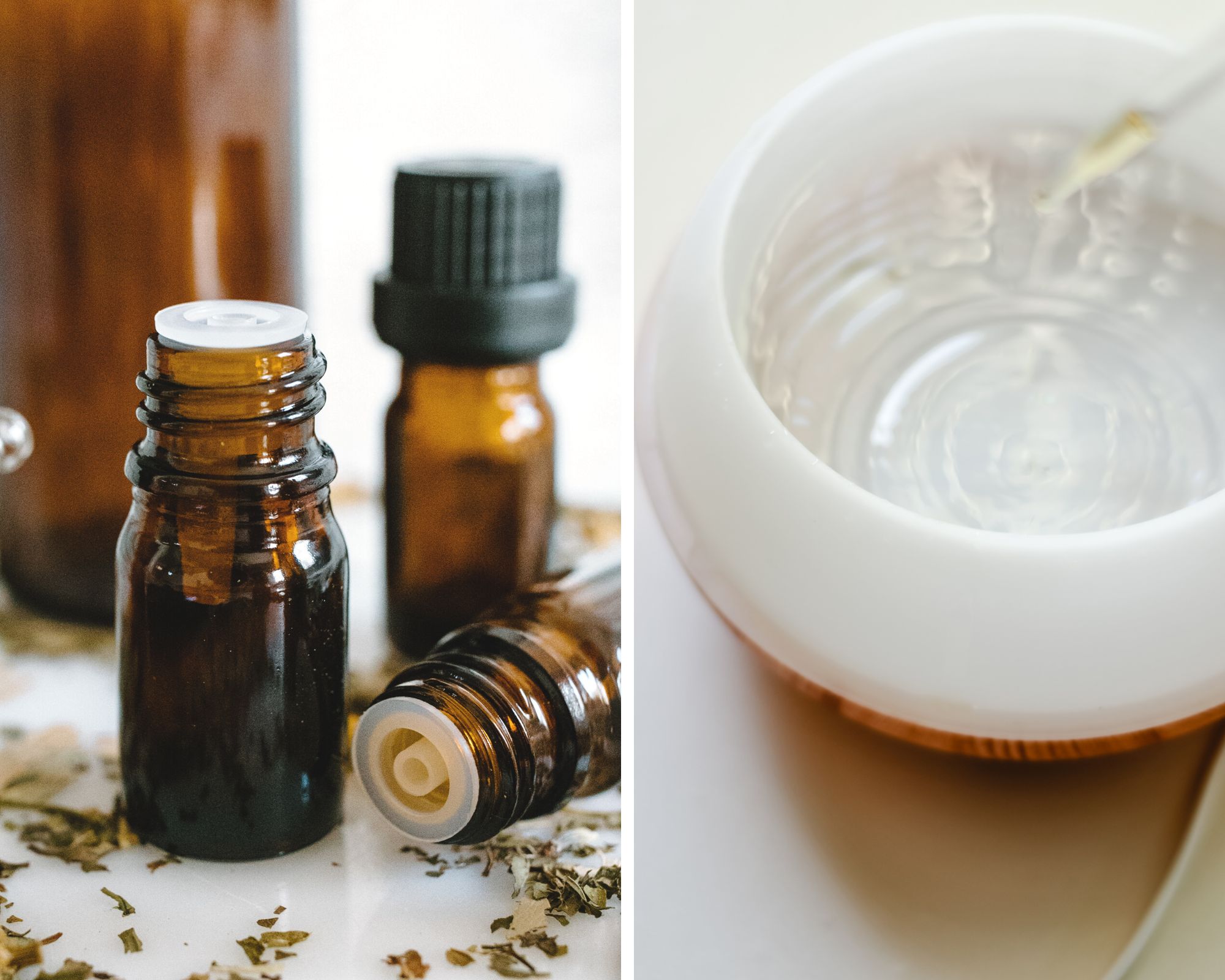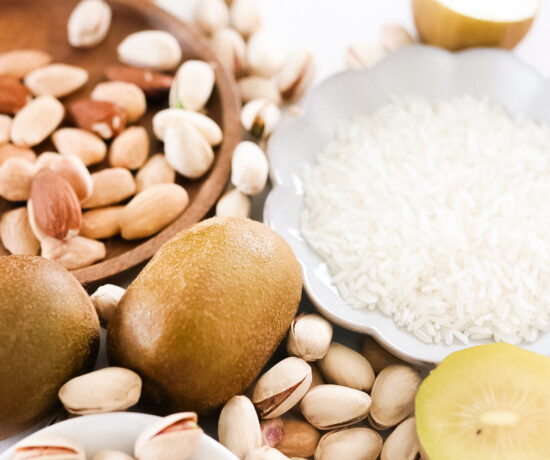The practice of yoga and meditation has become increasingly popular in recent years, as people seek ways to reduce stress and anxiety, and promote mindfulness and spiritual connection. Aromatherapy is a natural complement to yoga and meditation, as certain essential oils can help with relaxation, focus, and grounding. In this article, we’ll explore the benefits of essential oils for yoga and meditation, and provide a list of the best oils to use.
Benefits of Essential Oils for Yoga and Meditation
The use of essential oils for therapeutic purposes, also known as aromatherapy, has been around for thousands of years. When inhaled or applied topically, essential oils interact with the limbic system in the brain, which controls emotions, memories, and the autonomic nervous system. This interaction can have a profound effect on the body and mind, promoting relaxation, reducing stress and anxiety, and enhancing spiritual connection.
When used during yoga and meditation, essential oils can help to deepen the practice and promote a greater sense of mindfulness. They can help to create a calming atmosphere, improve focus and concentration, and enhance the overall experience. Essential oils can also be used to balance the chakras, which are energy centers in the body that are associated with different emotions and qualities.
Top Essential Oils for Yoga and Meditation
- Lavender: Lavender is a versatile oil that is widely used for relaxation and stress relief. It has a calming effect on the mind and body, and can help to promote a sense of peace and serenity. Lavender can also be used to balance the crown chakra, which is associated with spiritual connection and higher consciousness.
- Frankincense: Frankincense is a sacred oil that has been used for centuries in spiritual practices. It has a grounding and centering effect on the mind and body, and can help to deepen meditation and enhance spiritual connection. Frankincense can also be used to balance the third eye chakra, which is associated with intuition and insight.
- Sandalwood: Sandalwood is another sacred oil that is often used in meditation and spiritual practices. It has a calming and grounding effect on the mind and body, and can help to promote a sense of inner peace and tranquility. Sandalwood can also be used to balance the root chakra, which is associated with grounding and stability.
- Peppermint: Peppermint is a refreshing and invigorating oil that can help to improve focus and concentration. It has a cooling effect on the body and can help to reduce tension and headaches. Peppermint can also be used to balance the throat chakra, which is associated with communication and self-expression.
- Eucalyptus: Eucalyptus is a cleansing and purifying oil that can help to clear the mind and promote deep breathing. It has a cooling effect on the body and can help to open up the airways. Eucalyptus can also be used to balance the heart chakra, which is associated with love and compassion.
- Patchouli: Patchouli is a grounding and earthy oil that can help to promote a sense of stability and security. It has a balancing effect on the mind and body and can help to reduce anxiety and stress. Patchouli can also be used to balance the sacral chakra, which is associated with creativity and passion.
- Ylang-ylang: Ylang-ylang is a floral and uplifting oil that can help to promote a sense of joy and happiness. It has a calming effect on the mind and body and can help to reduce tension and anxiety. Ylang-ylang can also be used to balance the solar plexus chakra, which is associated with confidence and personal power.

How to Use Essential Oils during Yoga and Meditation
There are several ways to incorporate essential oils into your yoga and meditation practice. One popular method is to diffuse oils in the room using a diffuser or nebulizer. This allows the oils to be dispersed into the air and inhaled, providing a subtle and continuous effect. Alternatively, you can apply oils topically to pulse points or chakras, or add them to a bath or massage oil.
When using essential oils during yoga or meditation, it’s important to choose oils that are safe and appropriate for the practice. Some oils may be too stimulating or overpowering, while others may be too sedative or relaxing. It’s also important to use oils that are high-quality and pure, as synthetic or adulterated oils may be harmful or ineffective.
Be Still
Incorporating essential oils into your yoga and meditation practice can enhance the experience and promote greater relaxation, focus, and spiritual connection. By choosing the right oils and using them safely and effectively, you can deepen your practice and reap the benefits of aromatherapy. Experiment with different oils and methods to find what works best for you, and enjoy the transformative power of essential oils.





No Comments